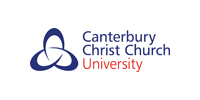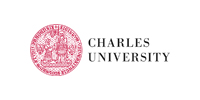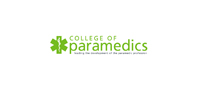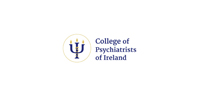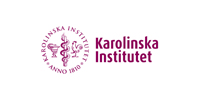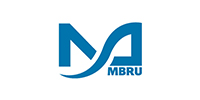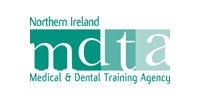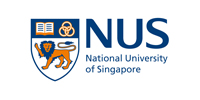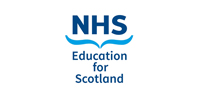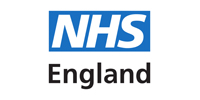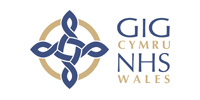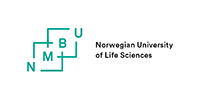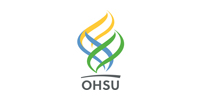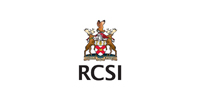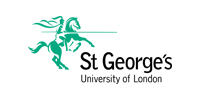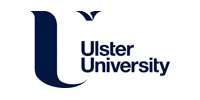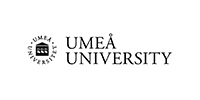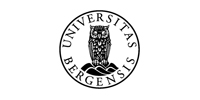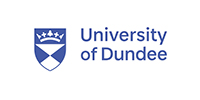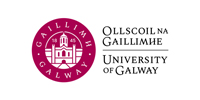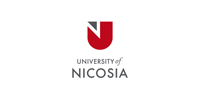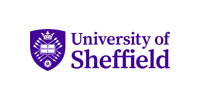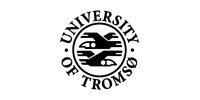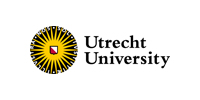
In December 2015, Winny Setyonugroho defended his thesis ‘The Assessment of Communication Skills During OSCEs: Development and Trialed Implementation of a New Standardised Model Using the MAAS-Global Instrument’. According to the external examiner Dr Marc van Nuland:
“This thesis is original in its introduction of a calibration process for OSCE checklist instruments. This certainly is a valuable contribution to the knowledge and scholarship within the domain of medical education. Further on, researching the effect of having a different first language on the results of communication assessment in OSCE is also of special interest. It is valuable that the candidate has tried to explain the observed differences of students with a different first language compared to native English speaking students from the perspective of the Theory of Working Memory.”
Winny started his PhD with a systematic literature review pointing out disagreement between educationalists and researchers not being congruent in their definition of communication skills domains. Subsequently, it became apparent communication skills assessment forms needed to be standardised according to an acceptable standard to enable comparison of student results in different settings. Now, all NUI Galway School of Medicine OSCE station forms are being calibrated and we compared student outcome of all pre-clinical and the penultimate clinical year. Side analyses were performed for the NUIG School of Nursing.
With an increasing number of international students, it is important to analyse any potential, and in our case, statistically significant difference between L1 (English as first language) and L2 (English as second language) students. The existing differences were explained through the working memory theory, highlighting the fact that L2 students use their working memory to analyse strings, cues and accents, rather than analyzing the main task in the OSCE station.
Due to the enormous amount of data that is available in Qpercom Observe (OSCE management information system), and between different schools of medicine, veterinary medicine, dentistry and healthcare sciences, it is important to consider data analysis between the different users of Observe. We hope to collaborate with our users in the near future to discuss big data analysis to develop further learnings and increase the quality standards of medical assessment.
Dr Winny Setyonugroho, BMedMEng, from the Faculty of Medicine and Health Sciences of the Universitas Muhammadiyah Yogyakarta, has returned to Yogya. His work is being published in and submitted to core medical education journals and the key body of the European Association of Communication in Healthcare (EACH).


